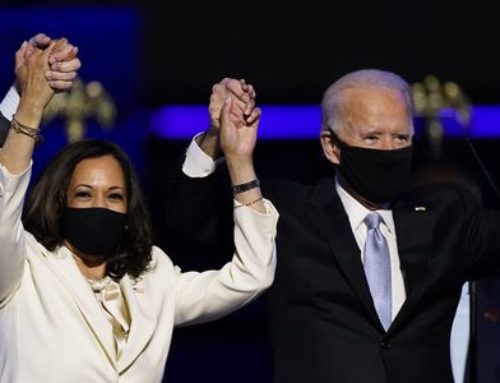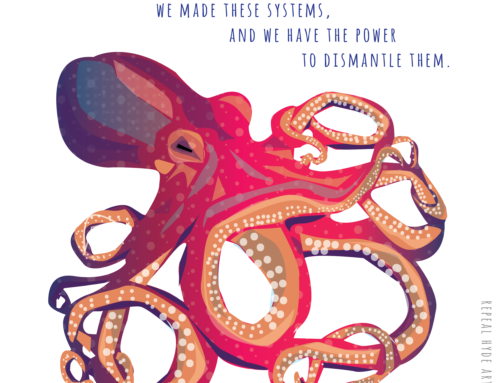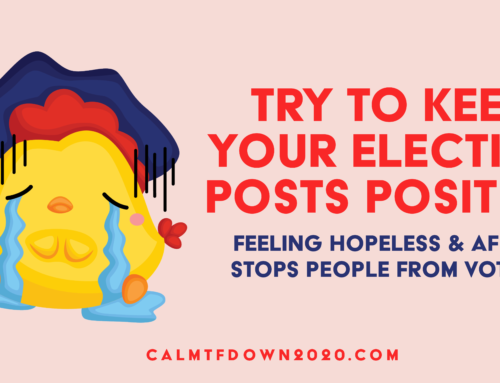November 7, 2019: On Tuesday, a number of U.S. states held elections that may have transformed their political landscape in advance of 2020.
Want to know what happened without spending the day searching the news?
Positive Women’s Network – USA has you covered.
Here are some state-by-state highlights:
- Virginia: The Democratic party won control of the both chambers of the state legislature. Because the state already has a Democratic governor in office, this marks the first time the Democratic party will have full control of the Virginia state government in two decades. The blue wave in Virginia could mean further Medicaid expansion, expanding voting rights, and gun control reform in the state. Virginia could also become the final state needed to ratify the Equal Rights Amendment.
- Kentucky: In a hotly-contested state governor race, Democrat Andy Beshear leads incumbent Republican Matt Bevin by about 5,300 votes. Beshear has declared victory but Bevin refuses to conceded. Republican candidates won races for state attorney general and secretary of state.
- Mississippi: The Republican party maintained its majority control of both chambers of the state legislature and current Republican lieutenant governor, Tate Reeves, will become the next Mississippi governor.
- California (San Francisco): A district attorney race in San Francisco is still too close to call. Interim District Attorney Suzy Loftus has a slim lead over progressive challenger Chesa Boudin. Votes are still being counted. Nationwide, we have seen a wave of progressive district attorney candidates who, like Boudin, aim to use the local prosecutor’s office to end mass incarceration and reform the broken criminal justice system.
- New York (New York City): Voters in New York City overwhelmingly approved a ballot initiative to implement ranked choice voting, a system of voting that allows voters to rank candidates in order of preference. This makes New York City the largest jurisdiction in the U.S. to adopt ranked choice voting. New York City voters also approved revising the City Charter to expand the powers of a policy oversight board.
- Maine: A ballot measure to allow people with physical disabilities to use alternative signatures when signing petitions for ballot measures passed with over 75% of the vote. Ballot measures are a form of direct democracy whereby voters decide important issues – like Medicaid expansion or raising the minimum wage – at the ballot box. This change promises to make the ballot measure process more accessible for those unable to use traditional methods of signing ballot petitions.
- Pennsylvania: In Philadelphia, Working Families Party candidate Kendra Brooks became the first candidate from outside the Democratic and Republican parties to win a city council seat in 100 years. Voters statewide also approved a ballot measure known as Marsy’s Law, which would add certain “rights of crime victims” to the state. This might sound good, but Marsy’s Laws are controversial because they pit the rights of defendants against the rights of victims. Defendants’ rights apply when the state is depriving someone of life, liberty or property and — when working properly – are essential to countering the enormous power imbalance that the government has over the accused. These newly-created victims’ rights, on the other hand, can exacerbate the imbalance of state power, undermining due process and the presumption of innocence.
- Kansas: Kansas voters approved amending the state constitution to end the practice of excluding non-resident military personnel and college students who live in the state from the census. The census is conducted every 10 years to tally every person living in the U.S. The population data collected by the 2020 census will determine how political power and billions in federal funds are distributed for the next decade.
- Washington: Referendum 88, which would support the state legislature’s decision to reinstate affirmative action, appears to be losing in Washington state. The vote is, however, still too close to call. Affirmative action is an important policy that helps address the structural disadvantage and discrimination that people of color and women face in public employment and education.
The November 2019 elections were only a taste of what’s to come in 2020. In 361 days – less than one year – our people will walk into the voting booth, well-informed and ready to change the political landscape of the U.S. as we know it.
If you want to get involved, take the Vote Positive Pledge and check out our #PWNVotes toolkit.
*Updated as of 8:15am PT, Thursday November 7, 2019.








